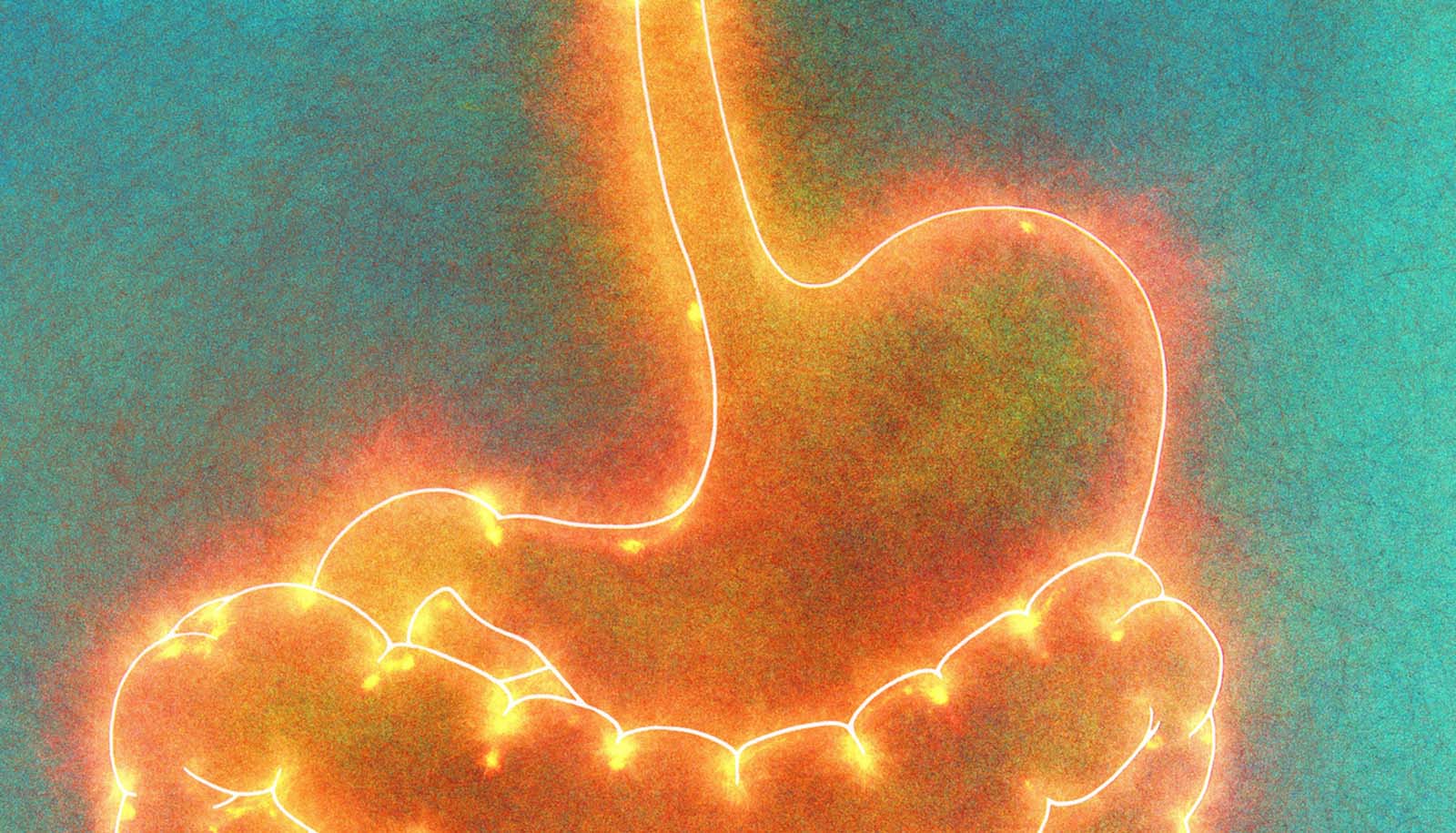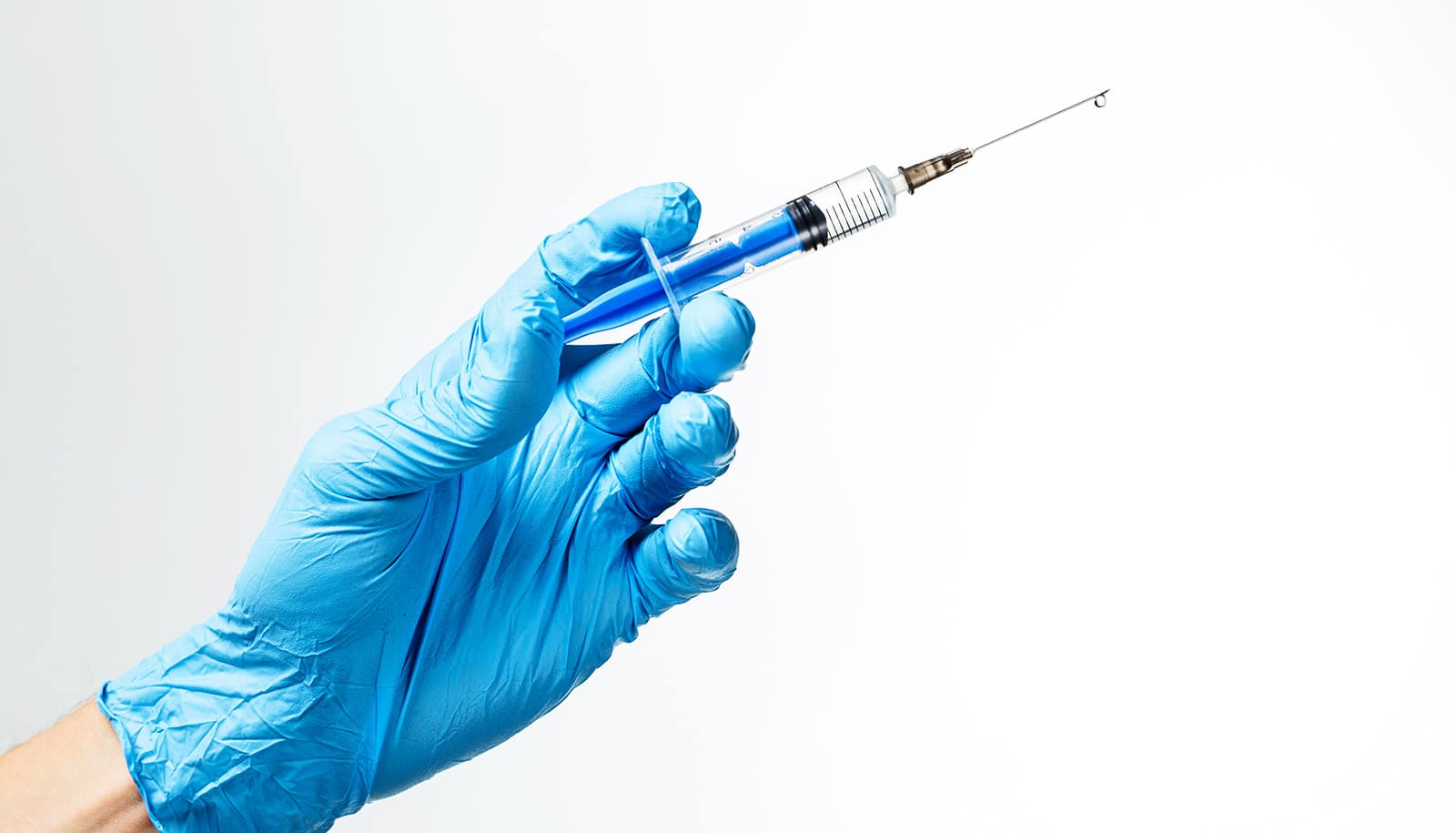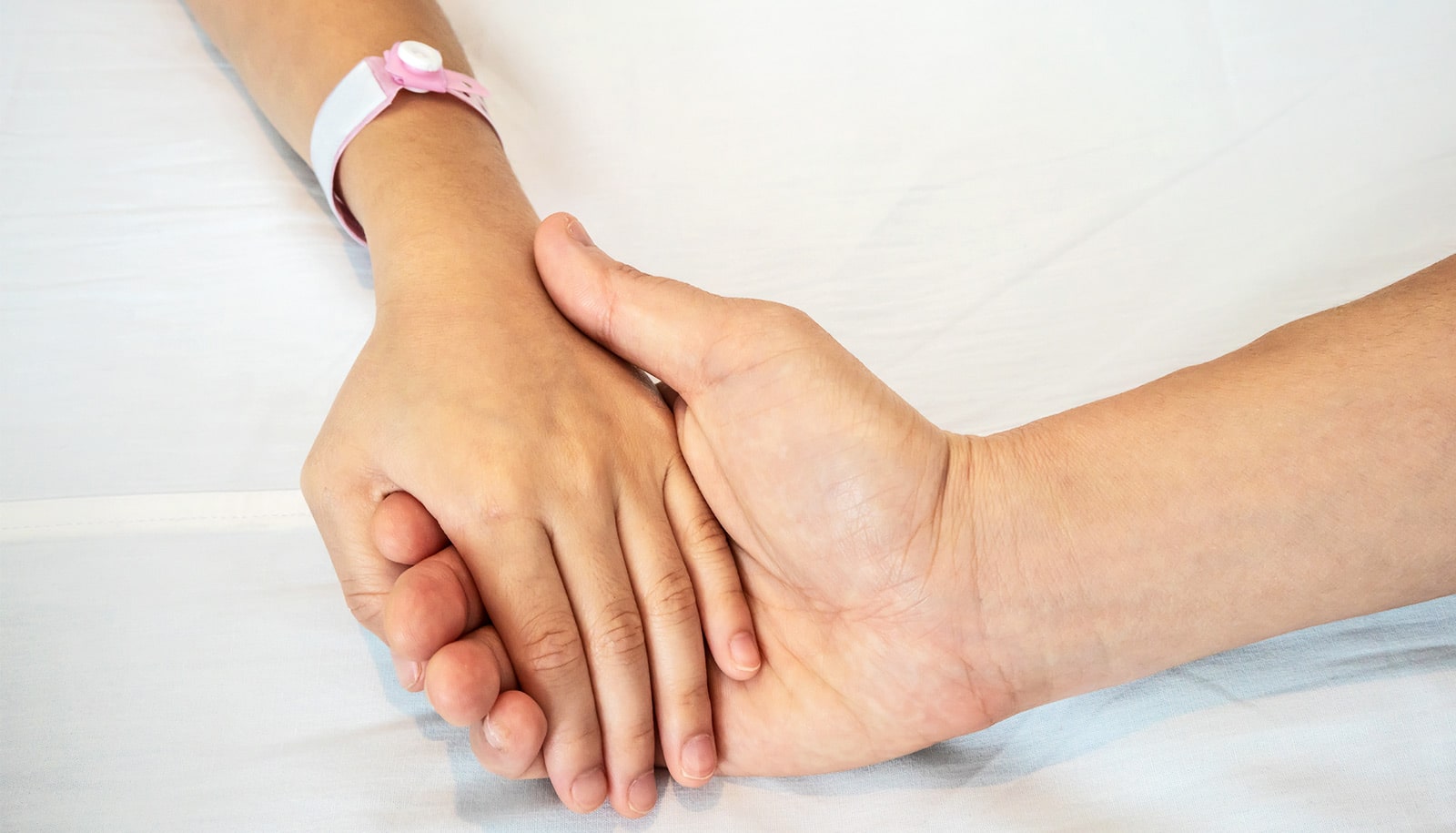Children who have private insurance or Medicaid when they are diagnosed with cancer have the same chance of survival, but researchers also find some evidence for an increased risk of death for children who have no insurance at all.
“Our findings support the idea that Medicaid is comparable to private insurance for kids with cancer, meaning that, in this setting at least, it is not inferior,” says Kimberly Johnson, associate professor at the Brown School at Washington University in St. Louis.
“This contributes to policy discussion on Medicaid expansion by providing evidence that public outlays on Medicaid are well spent.”
In the United States, an estimated 10,380 children younger than 15 years of age are diagnosed with cancer each year, and, although survival rates have increased, differences have been reported based on cancer type and race/ethnicity.
But, the link between health insurance status and childhood cancer survival has not been well-studied.
For a new study in Cancer, researchers examined information from the Surveillance, Epidemiology, and End Results (SEER) cancer registry, which publishes cancer incidence and survival data from population-based cancer registries covering approximately 28 percent of the US population.
The team specifically looked at data on cancers diagnosed among children aged younger than 15 from 2007-09.
Among 8,219 individuals with childhood cancer (131 without insurance, 2,838 with Medicaid, and 4,297 with private insurance) who were followed for five years, average survival was 1.32 months shorter for uninsured children and 0.62 months shorter for children with Medicaid, when compared to those with private insurance.
Children who were uninsured had a 26-percent higher risk of cancer death than those who were privately insured at diagnosis, while the risk for those with Medicaid was similar to those with private insurance at diagnosis.
‘Back to normal’ isn’t easy for young cancer survivors
The results for uninsured children should be interpreted cautiously, the researchers say, because it’s based on a small number.
Rohit Ojha of JPS Health Network in Fort Worth, Texas, is a coauthor of the study.



